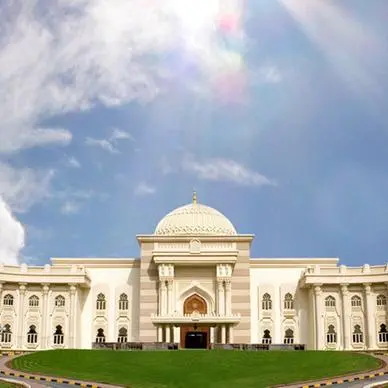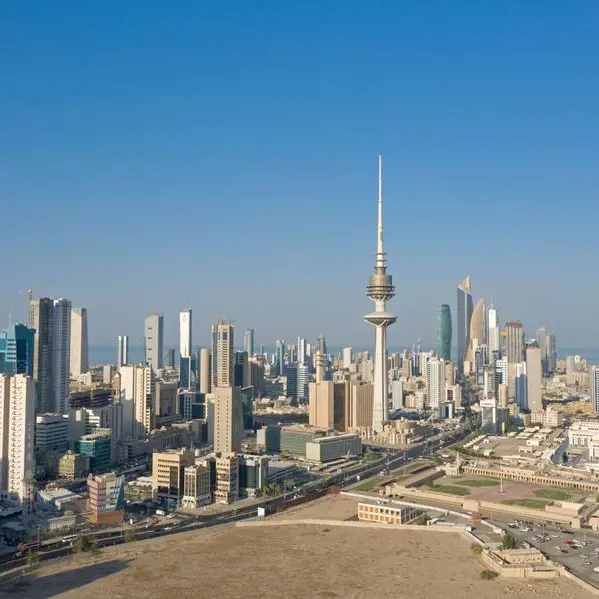PHOTO
The Qatari capital city of Doha hosted a consultative meeting on Thursday between ministers of commerce and industry, and heads of chambers of commerce in the Gulf Cooperation Council countries.
Qatari Minister of Commerce and Industry Sheikh Mohammad bin Hamad said in a speech that the regular consultative meeting represents an essential platform for exchanging views and discussing various challenges facing the private sector in the Arabian Gulf region. Bin Hamad expressed it is also an indicator of the keenness of government institutions in the GCC countries to share visions and aspirations with the private sector.
He underscored that the GCC private sector has emerged as a pivotal force in the development and growth of the Gulf economies.
This is a testament to the region's progress and the significant role played by the private sector. The GCC countries have initiated numerous vital projects to increase their contribution to the gross domestic product, thereby enabling them to play a crucial role in sustainable development efforts and achieve economic integration among the GCC countries.
Bin Hamad highlighted that the Gulf economy has made significant strides, ranking among the top ten largest economies globally in 2023, according to data from the International Monetary Fund. This is a promising sign for the future, and he expressed his anticipation for these meetings to address the various challenges facing the private sector, ensuring the continuation of the path of achievements. Faisal Al Rawas, Chairman of the Federation of GCC Chambers, said that these meetings embody the keenness of Their Majesties and Highnesses, leaders of the GCC countries, to support consultation and coordination with the Gulf private sector and represent the interest and keenness to work as one team with representatives of the private sector in implementing the visions and aspirations of development and economic integration programs.
He emphasized the unwavering commitment of the Gulf private sector to steadfastly support the wise development trends and policies adopted by the Gulf governments. This commitment is instrumental in leading the development programs and ensuring their success, maintaining stability, and fostering continued economic growth amid geopolitical developments. Al Rawas pointed out that the World Bank expects to achieve a growth rate of 3 percent in 2024 and 4.7 percent in 2025, explaining that the credit is not only to oil revenues but also to the strong momentum of the non-oil economy in which the private sector plays a significant role. In turn, GCC Secretary-General Jasem Al-Budaiwi said the leaders of the GCC countries pay great attention to the economic and commercial sector, as they directed to continue efforts to move from the stage of cooperation to the stage of union.
He explained that the gross domestic product of the GCC countries reached USD 2.1 trillion in 2023, which puts them together among the advanced countries in terms of the size of the gross domestic product. The volume of intra-GCC trade, which refers to trade between GCC member countries, amounted to more than 127 billion dollars in 2022.
Meanwhile, the total volume of trade exchange, which includes trade with non-GCC countries, not including intra-trade, amounted to more than 1.5 trillion dollars in 2022. These economic indicators indicate our great opportunities, which require more effort to develop joint Gulf work in all commercial and financial fields, he added.
All KUNA right are reserved © 2022. Provided by SyndiGate Media Inc. (Syndigate.info).





















